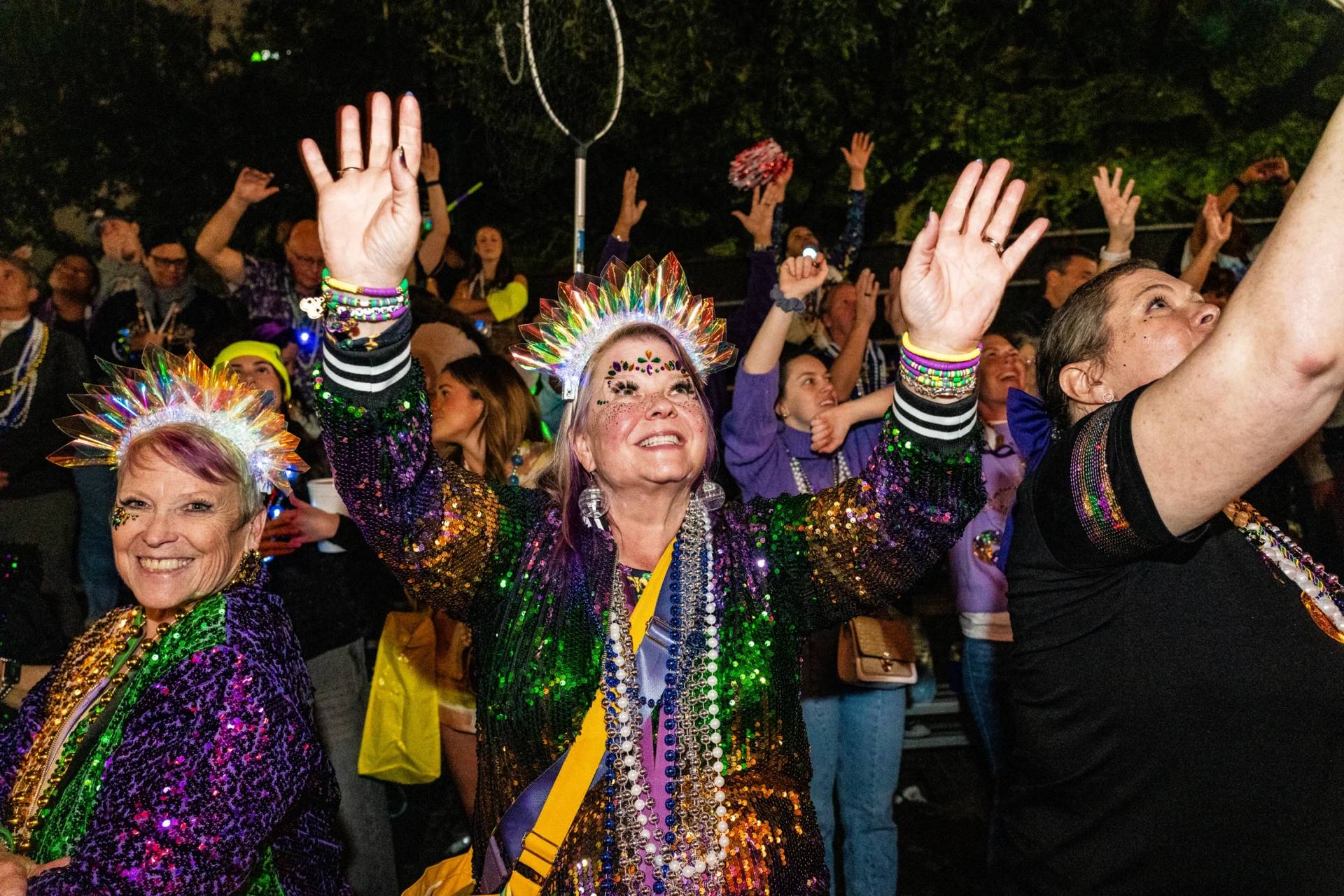NEW YORK – Bipartisan support for the Respect for Marriage Act (RFMA) in both chambers of Congress provides U.S. bishops a “perfect opportunity” to embark on a dialogue with the LGBTQ+ community, argues at least one Catholic advocacy organization.
“The passage of this Act, which was supported by so many Catholic people and legislators, provides a perfect opportunity for the bishops to open up the much-needed, much-requested, and long overdue dialogue about equality for LGBTQ+ people,” Francis DeBernardo, executive director of the Catholic advocacy organization New Ways Ministry, said in a Dec. 8 statement.
The RFMA requires every state to recognize same-sex marriage. It also protects interracial unions, as it requires states to recognize legal marriages regardless of “sex, race, ethnicity, or national origin.”
It would repeal the 1996 Defense of Marriage Act, which was signed by President Bill Clinton and federally defined “marriage” as a legal union between one man and one woman. The legislation was essentially nullified after the Supreme Court found it unconstitutional in the 2013 case United States v. Windsor, and then after Obergefell v. Hodges in 2015, which legalized same-sex marriage.
The RFMA garnered bipartisan support from both chambers of Congress. The House passed the RFMA 258-169 on Dec. 8, with 39 Republicans joining 219 Democrats. After it passed, House Speaker Nancy Pelosi, a Catholic, called it a “glorious triumph of love and freedom.”
The RFMA now goes to President Joe Biden’s desk for a signature, which he has pledged to give. It passed the Senate 61-36 on Nov. 29, with 12 Republican senators crossing the aisle to vote in favor.
The U.S. Bishops have spoken out against the legislation on multiple occasions, mainly highlighting the lack of protections for people who believe marriage is between one man and one woman.
“The bill fails to include clear, comprehensive, and affirmative conscience protections for religious organizations and individuals who uphold the sanctity of traditional marriage that are needed,” Bishop Robert Barron of Winona-Rochester, chairman of the United States Conference of Catholic Bishops Committee on Laity, Marriage, Family Life and You said in a Dec. 1 statement.
Barron added that the U.S. bishops “affirm our respect for the dignity of all engaged in this debate, and acknowledge differing perspectives in our civil society, but the impact of this bill will only contribute to the diminishment of the sacredness and integrity of marriage in our society.”
Prior to the vote, Cardinal Timothy Dolan of New York, chairman of the USCCB Committee for Religious Liberty, wrote on Nov. 15 that the RFMA “seeks to shunt [the church’s] idea of marriage aside,” and that its “harms” would be far reaching in any conflict involving same-sex marriage.
Over the summer, Archbishop Salvatore Cordileone of San Francisco, the previous chair of the USCCB Committee on Laity, Marriage, Family Life and Youth, wrote letters to both chambers of Congress in opposition of the bill for similar reasons.
Rep. Chip Roy of Texas and Sen. Mike Lee of Utah each proposed an amendment to the legislation ahead of their respective chamber votes that would’ve had more explicit religious freedom protections, but neither garnered enough support. Regardless, RFMA contains religious freedom protections.
The legislation states:
“Nothing in this Act, or any amendment made by this Act, shall be construed to diminish or abrogate a religious liberty or conscience protection otherwise available to an individual or organization under the Constitution of the United States or Federal law.”
DeBernardo also highlighted that the “Catholic bishops’ opposition is based on the idea that the bill does not provide enough religious exemptions, yet other religious leaders, legal analysts, and politicians who value faith are confident that the bill protects religious institutions.”
He also highlighted the ongoing Synod on Synodality, where Catholics nationwide expressed the desire for the U.S. Catholic hierarchy to dialogue with and welcome the LGBTQ+ community.
“Legal protections for same-gender couples is a family value that many Catholics desire,” DeBernardo said. “Catholics want same-gender couples to receive the same societal protections and benefits that opposite-sex couples enjoy. Family stability and equality are strong Catholic values.”
Follow John Lavenburg on Twitter: @johnlavenburg














